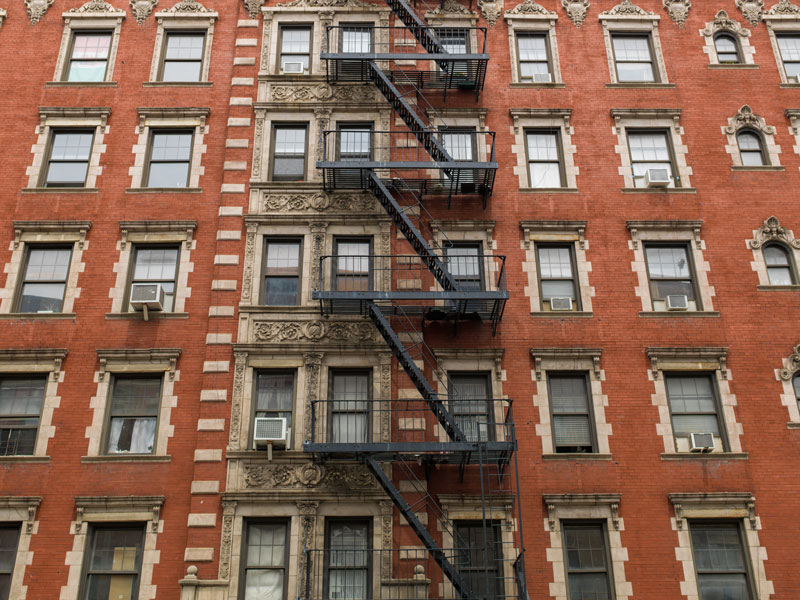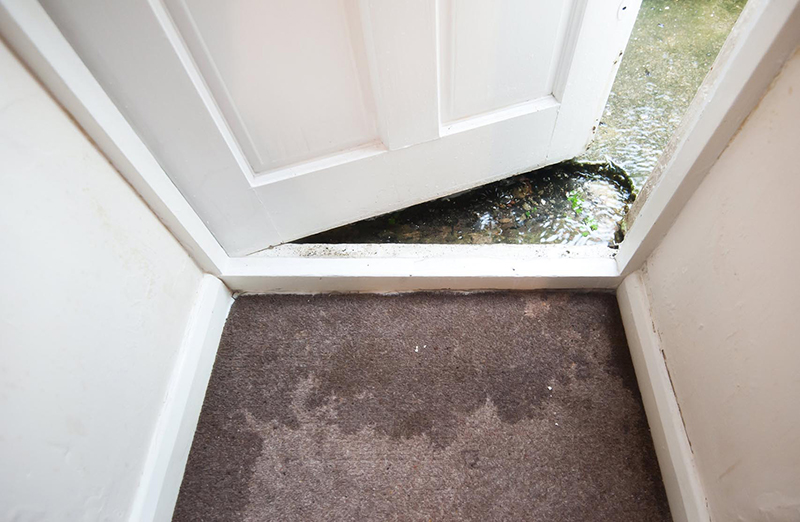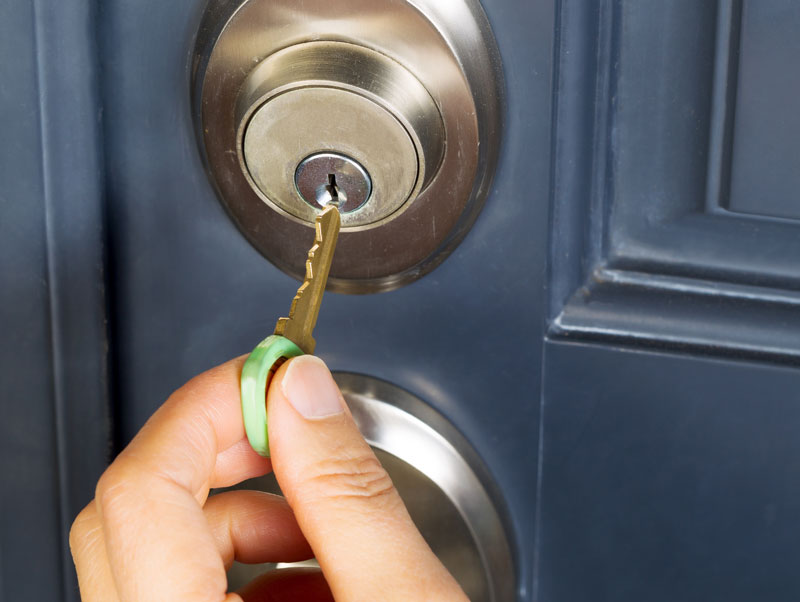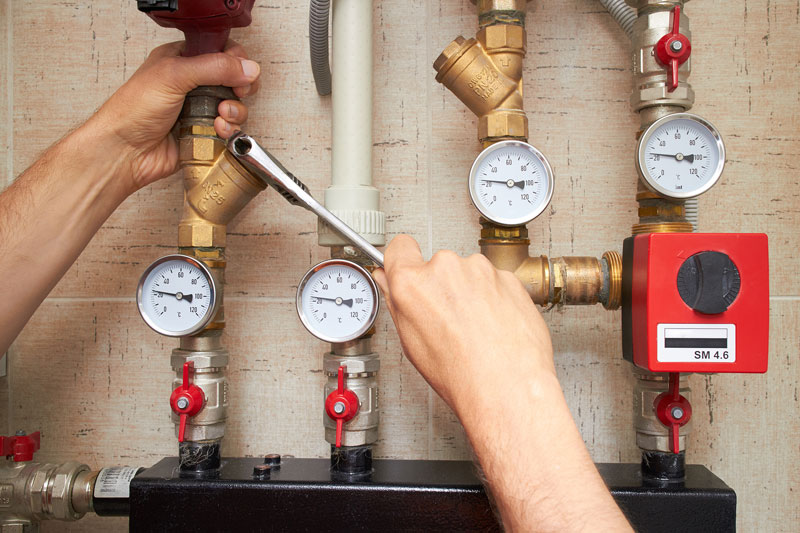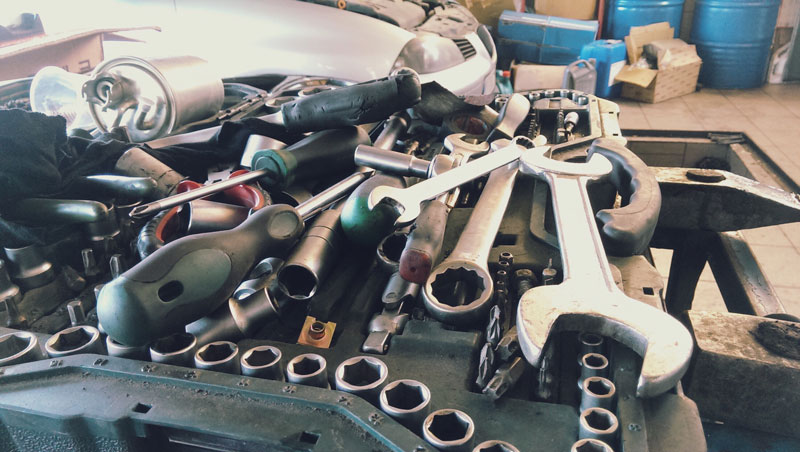
Should you take the time to do a home inventory?
Whether you live in a condo, townhouse, apartment, or house, you have spent time and money getting the furnishings, artwork, appliances, and electronics just right. Any damage, theft, or loss of these items should be covered under your homeowners or renters insurance policy. But how will you know what you’ve lost? Will you remember the purchase price or appraised value? A home inventory can help to list your belongings and their value so you know what and how much you’ve lost.
Spring is a season of cleaning and getting the home ready for the warmer days ahead. While you’re wiping away the cobwebs from winter, why not add creating a home inventory to your list? Working on cleaning projects on the interior and exterior of your house makes for a great opportunity to make or update your home inventory list.
Here are some simple home inventory basics:
- Where: Home inventory lists can be kept on computers, in notebooks, or on online databases. If you decide to store your inventory digitally, it’s a good idea to keep a hard copy of it in a fireproof safe, or a location away from the house.
- Organize inventory based on rooms: Keep lists for the kitchen, bedrooms, media rooms, living room, game room, etc. until you’ve covered your house. Breaking up the inventory by room can make the task less daunting and can help you to manage the lists when you add or sell items.
- Take photos: A great way to record your belongings is to photograph them. This helps to document their condition and serial numbers/ID numbers, so that they are clear and cannot be written down incorrectly.
- Include appraisals and receipts: Especially for valuable items! Large-ticket items such as jewelry and antiques may require additional coverage on your homeowners insurance policy. Many companies will require an appraisal and photos to be included with policy information.
This spring, ensure that your belongings are up to date and correct on your home inventory and your insurance carrier will do the rest. Contact All Nevada Insurance to get started on the right homeowners insurance policy to suit your needs, budget, and belongings!


 Our Locations
Our Locations

